I think is the most accurate review I have read on RE6 and I appreciate you writing from the perspective of what the game acually is instead of basing the score on what the series used to be. I've said it before, I love this game but I don't call it Resident Evil. I call it "Uncharted Evil".
Resident Evil 6 Review
|
|
See PixlBit's Review Policies

On 03/16/2013 at 12:00 PM by Daniel Iverson Capcom's cinematic action experiment is a (shotgun) blast to play. |

If you're OK with light horror and heavy action, don't miss Resident Evil 6.
In film, “popcorn flick” often holds a negative connotation, but like any genre it comprises both good and bad works judged by their own set of standards. Resident Evil 6 is a popcorn game and despite a few misguided design choices, it’s a damn good one.
Resident Evil’s continuing focus on action-oriented gameplay is a polarizing issue I’d be remiss to ignore, but don’t intend to dwell on either because doing so would distract from evaluating the game itself. If you oppose where the series is going, or if the tropes of cinematic action don’t appeal to you, I’ll save you the trouble of reading on: This isn’t the right game for you.
Resident Evil 6 initially offers three campaigns: Leon, Chris, and Jake. A fourth, Ada, may be unlocked by finishing all three of the others. Each campaign is split into five chapters which may be played alone, or with a buddy via online co-op. Each campaign is a self contained story unto itself but is also a piece of a bigger puzzle, and only by finishing all four is that picture complete.
The big-picture story follows efforts by series regulars Leon and Chris to stop bioterrorist organization, Neo-Umbrella, from launching a global attack with the C-Virus; the latest strain of McGuffin responsible for creating bioorganic weapons. Meanwhile, U.S. government agent Sherry is working to extract Jake, a mercenary known to carry C-Virus antibodies from which a vaccine may be developed, from the war-ravaged fictional country of Edonia.
The premise is generic, but the exciting scenarios, multi-threaded narrative structure, and personality conflicts of the ensemble cast add enough complexity and drama to hold interest for at least most of the 20-25 hour experience. Veteran fans are likely to get even more from the story, with treats such as Leon and Chris’s first on-screen meeting and Sherry’s first appearance since she was a child.
Unfortunately the narrative structure is at times a weakness. Several scenarios are repeated, and although they’re experienced from different perspectives and with different gameplay objectives, the occasional déjà vu slows the pacing a bit by the end.
For example, the Chris and Jake campaigns converge with an armored helicopter attack. Chris handles the ground units while Jake is tasked with bringing down the chopper. As the player, you eventually play both roles. And both times, the outcome and a lot of the dialogue is the same.
Each campaign is distinguished both by its own unique story and gameplay style. Leon, most recently associated with Resident Evil 4’s satisfying blend of atmosphere, exploration, and puzzles, revisits those elements with my choice for the best of the four campaigns. Chris, star of the gun-heavy Resident Evil 5, again largely eschews atmosphere for action. Jake, with no precedent, leads a more experimental campaign featuring melee combat and vehicle sequences. Ada, Resident Evil’s perennial spy, is an infiltrator who employs precision and stealth.
For whatever gameplay style each campaign focuses on, all involve shooting. Shooting mechanics are mostly unchanged from Resident Evil 5, but the long-overdue ability to move while aiming is a welcome addition. A wide assortment of weapons is available, and certain ones feature alternative firing modes. Sherry's assault rifle, for example, doubles as a single-round grenade launcher. Additional variety results from the large number of enemy types including an intelligent breed of mutated humans called J'avo, which are capable of shooting back.
J’avo appear to exist only to justify the game’s biggest design misstep: a cover system. Entering and exiting cover to good effect requires more effort than it’s worth, and a lot of enemies don’t even use projectiles at all. Except to try it at the beginning, I completed the whole game without ever using cover and was really no worse off for it.
Supporting characters, controlled by AI while offline or by another player for online co-op, assist each of the campaign protagonists except Ada, who works alone. For Leon, there’s Secret Service agent Helena. For Chris, fellow anti-bioterrorism operative Piers. For Jake, Sherry.
Piers is a snooze, but Helena and Jake are probably the most interesting supporting characters ever to grace the series. Ada’s campaign was surprisingly lonely for me after all the partner dialogue from the other three. Ada occasionally talking to herself is a poor substitute.
The AI versions of the supporting characters are refreshingly low maintenance—especially after I spent the majority of Resident Evil 5 micromanaging my partner’s inventory. Unfortunately they’re also mostly useless except to revive you if you’re about to die, a fact which becomes abundantly clear the first time you’re scrounging for enough ammo to finish off a boss.
Resident Evil 6 is a long game even without the popular Mercenaries and arcade-style online multiplayer modes, which potentially add hours to the clock. It’s a package whose value is well worth the admission price and wrapped up with excellent visuals, strong voice acting, and well designed menu screens.
For me, Resident Evil 6’s shotgun approach to gameplay provides welcome variety and speaks to how versatile the series is. The slower, horror-oriented sequences are good. The faster, action-oriented ones are good too. The fact the game includes both, cleverly separated by the characters who best represent each style, is a positive. It works because these characters and gameplay styles are so well established. It works because it’s Resident Evil.
That said, I see the game being more of an experiment than a template for the future of the series. A lot like Resident Evil Zero was “the one where you control two characters,” the latest entry may well become “the one where Capcom tried a little bit of everything.” It works now, but the cost is identity. The question is where to go from here.


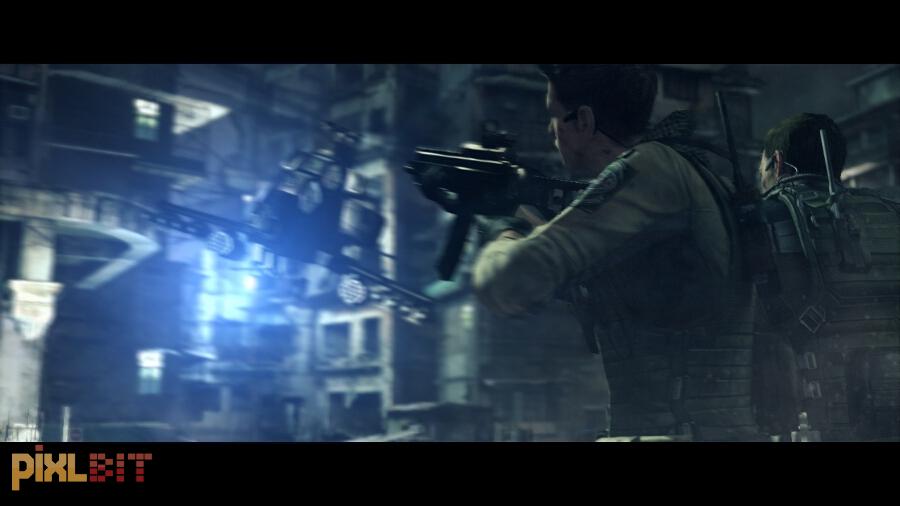
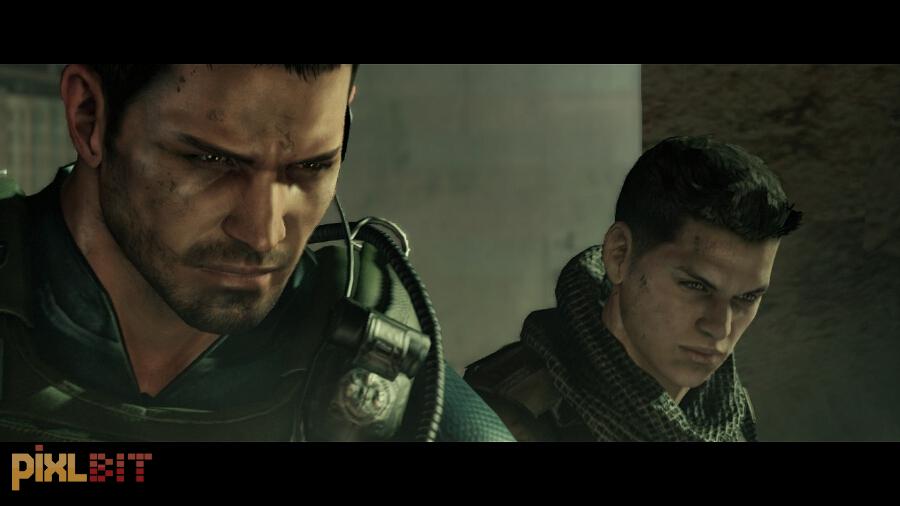
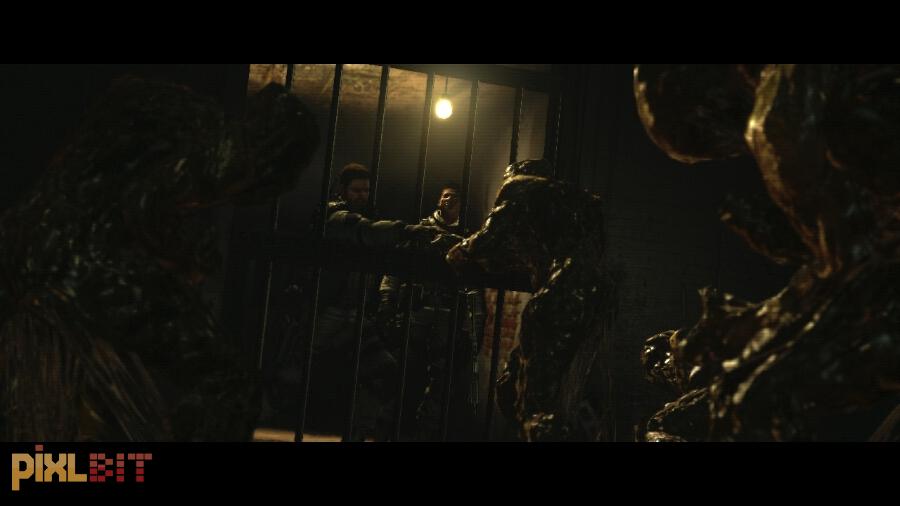
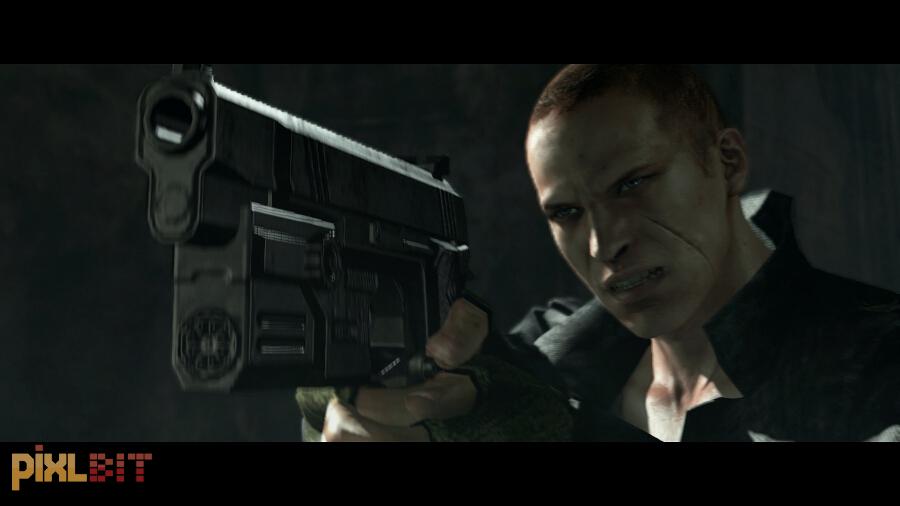
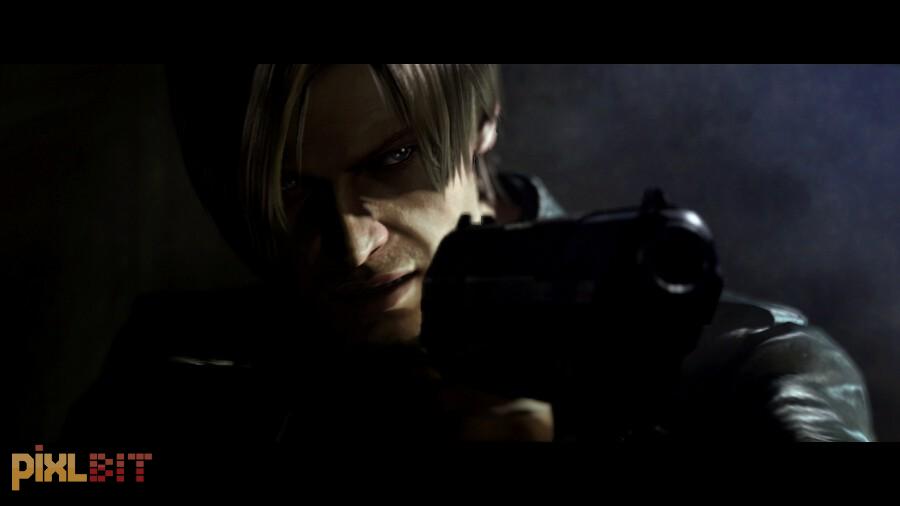








Comments